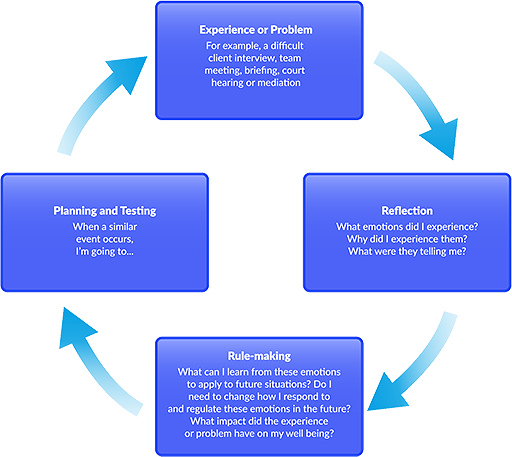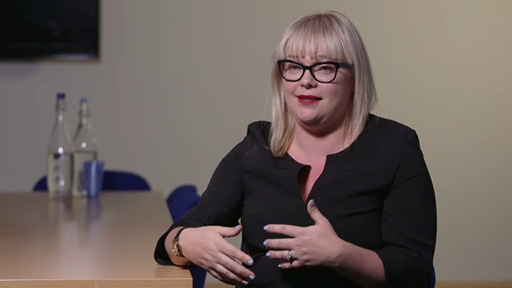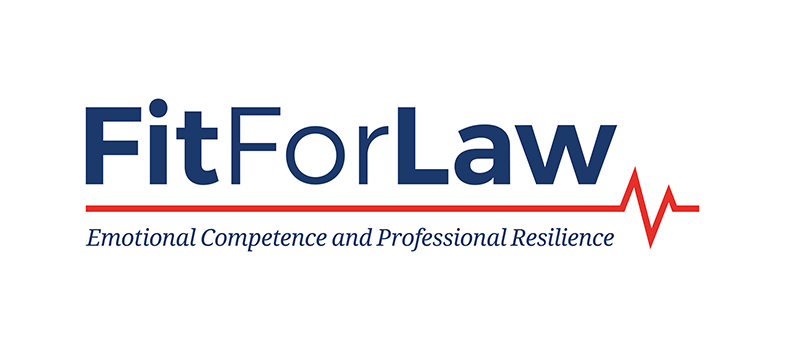6. Becoming a reflective practitioner
This section includes:
- Explanatory text
- Information box on “What is self-reflection?”
- 1 activity on “Moving forward”.
You should allow yourself 30 minutes to complete this section.
In the Introduction section to this part of this course, we suggested that you make a note of some existing strengths and developing areas as you worked through these materials. If you did this, well done! If not, you were probably applying the common technique which legal professionals use of scanning large volumes of information to extract key points as quickly as possible. Unlike in professions such as teaching, traditionally legal professionals have not been taught to build-in time for self-reflection. However, this is gradually changing with Continuing Professional Development requirements in many parts of the profession requiring this skill.
What is self-reflection?
There are different types of reflection, including “reflection-in-action” and “reflection-on-action” (Schön, 1990). The former concerns how you think and deal with situations while you are in them. The latter is about looking back on what happened afterwards, to see what you can learn about it for the future (as you have done in the activities in these materials). It is this type of experiential learning which this course is encouraging in relation to emotional competence and professional resilience more generally. One way to picture this is as a cycle (based on Kolb, 1984 and Maughan and Webb, 2005):

Of course, you should not reflect on your emotional responses in isolation, you also need to factor in what your thoughts and actions were as well. However, within the legal profession, it is the reflection on emotions (and, by extension, wellbeing) which is probably most likely to be ignored or skipped over, despite the evidence of its importance.
This reflective way of thinking may come more easily to some legal professionals than others, but it can become ingrained through practice. This video demonstrates the importance of self-reflection in your professional life, and the challenges it can involve.
Self-reflection in practice

Transcript
The final activity in this part is designed to help you practice reflective thinking over the next few weeks.
Activity 4: Moving forward
In the text boxes below, make a note of the following:
These actions could include revisiting these materials regularly, making changes in the way you practice or even seeking outside help if you have identified this may be needed. You should try and be as specific as possible so that you can easily hold yourself accountable.
Make a note of each of your answers (and the accompanying deadline) in your diary, calendar or on any other device you use to organise your time. Make sure you set reminders to keep you focused.
There is no final comment on this activity, because we hope it won’t be the end of your thinking around emotional competence and professional resilience. Well done on working your way through this part. You can access the other parts of the course resources About the Authors [Tip: hold Ctrl and click a link to open it in a new tab. (Hide tip)] and Additional resources as well as joining the on-going conversations at #FitforLaw and in our Fit for Law Facebook group.
Final questionnaire
We would also be grateful if you could complete an anonymous questionnaire giving feedback on this course. The responses will be used to help us to continue to develop Fit for Law.
5.1 Other mental health issues
